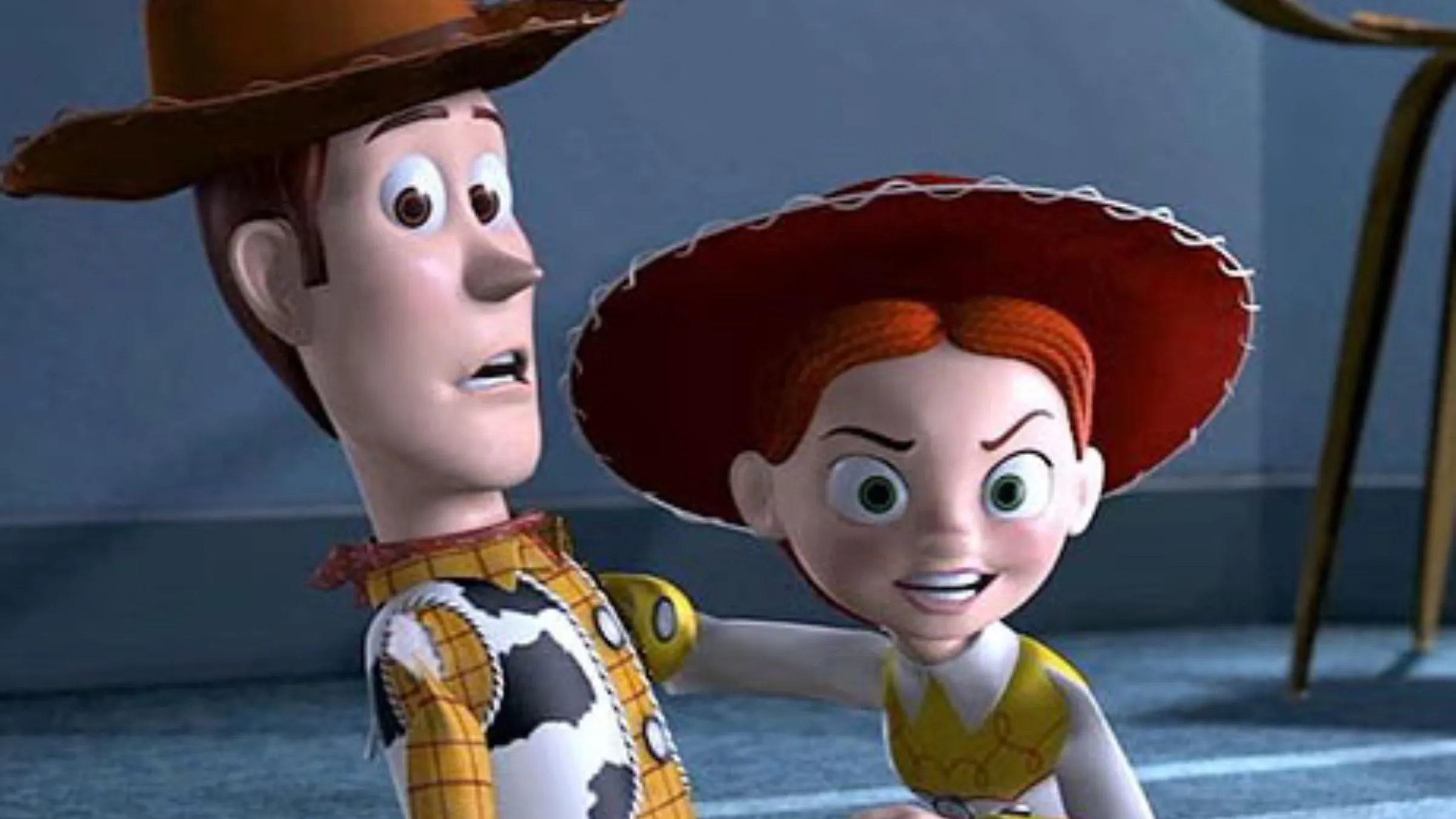
Movies frequently spark debate because they often explore challenging or sensitive topics. Although the First Amendment protects free speech in the United States, many films have faced bans throughout history.
Movies often spark debate and can even be banned for various reasons. Sometimes, films are censored because they challenge authority or tell stories those in power don’t like. Other times, it’s due to content that appears to promote racism or violence. Surprisingly, even seemingly harmless movies have faced bans or challenges, which is often more unsettling than when the reason for censorship is obvious.
7) Toy Story 2
It’s hard to imagine Toy Story 2 being censored, especially considering how close it came to never being finished – a staff member nearly erased the entire movie by mistake. When it was released in 1999, everything was fine. But in 2018, a scene shown during the credits sparked some controversy.
By the time Toy Story 2 was being shown on TV, the #MeToo movement was gaining momentum, and the film’s producer, John Lasseter, was facing accusations of sexual harassment. This led to discomfort among viewers regarding a post-credits scene that seemed to depict the Prospector character sexually harassing Barbie dolls. Consequently, the film wasn’t shown on television again until that scene was edited out.
6) Death of a President
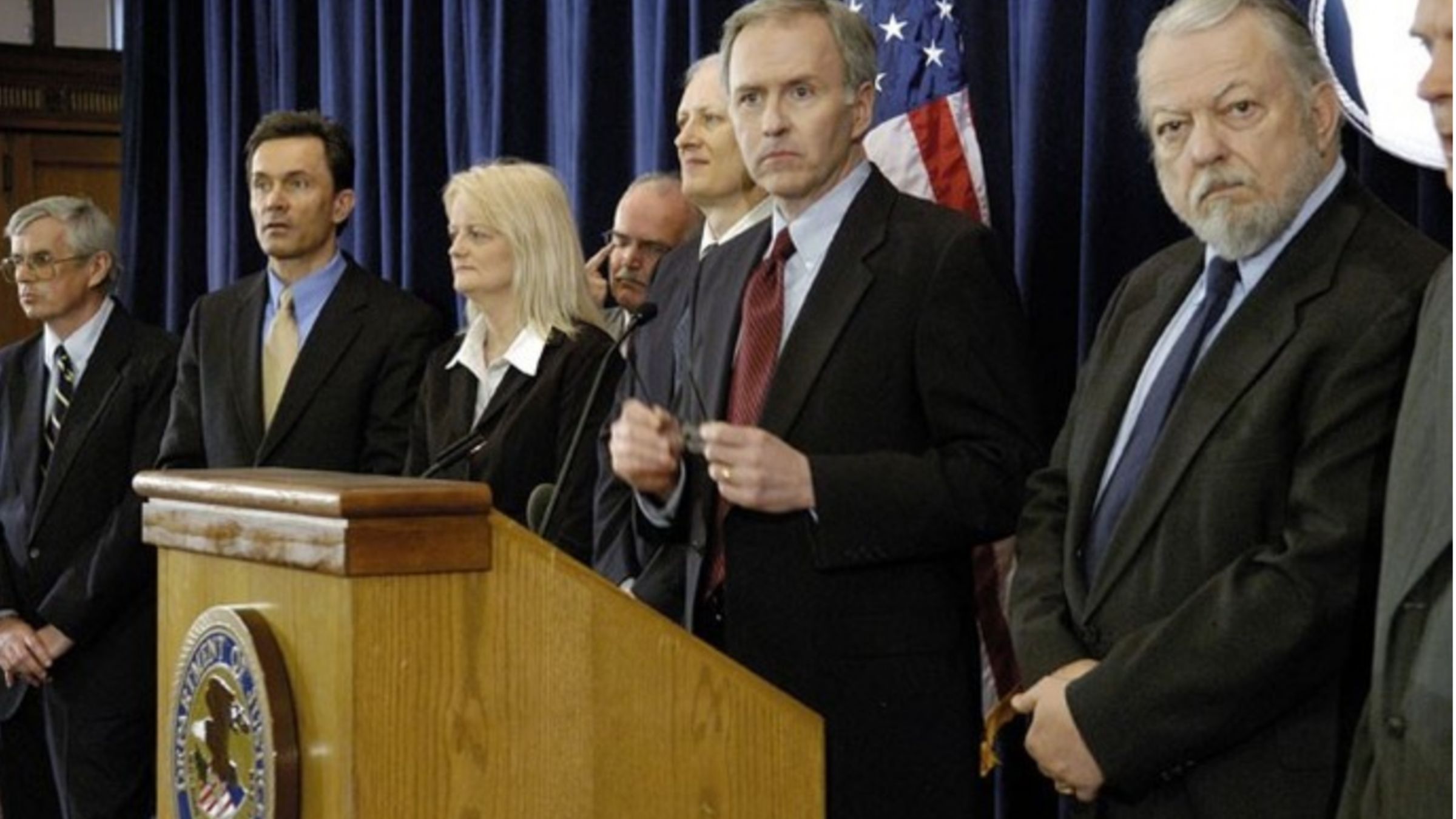
Given its sensitive topic and release date so close to the 9/11 attacks, it’s understandable that the film Death of a President was banned in the United States. This British mockumentary, made just five years after the attacks, depicted the assassination of an American president who strongly resembled George W. Bush.
While the film was shown in Canada, most American cinemas wouldn’t screen it, citing concerns about threats made against the President. CNN and NPR also wouldn’t air advertisements for the film, as they objected to its subject matter.
5) The Santa Clause
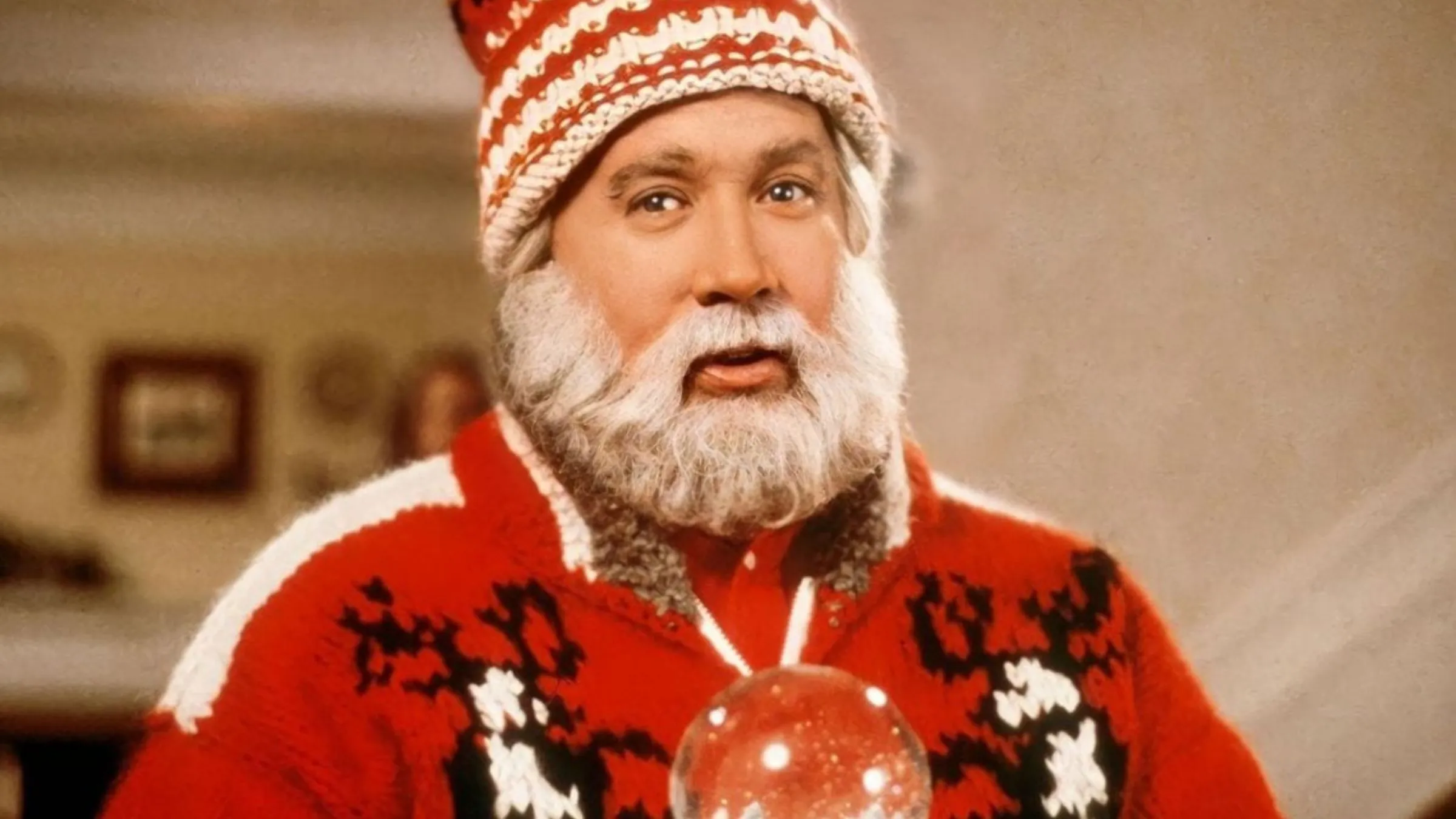
The movie The Santa Clause, starring Tim Allen, faced a ban due to a controversial joke. In the film, Allen’s character jokingly responds to being given his ex-wife’s mother’s emergency contact number by saying, “Oh yeah, I’ll call 1-800-SPANKME.”
The movie The Santa Clause wasn’t pulled from theaters due to complaints about inappropriate content. The problem was that the phone number featured in the film actually connected to a costly, pay-per-minute sex hotline. After a child accidentally racked up a $400 phone bill trying to call the number, the movie was temporarily removed, but it returned to theaters once the number was changed.
4) The Profit
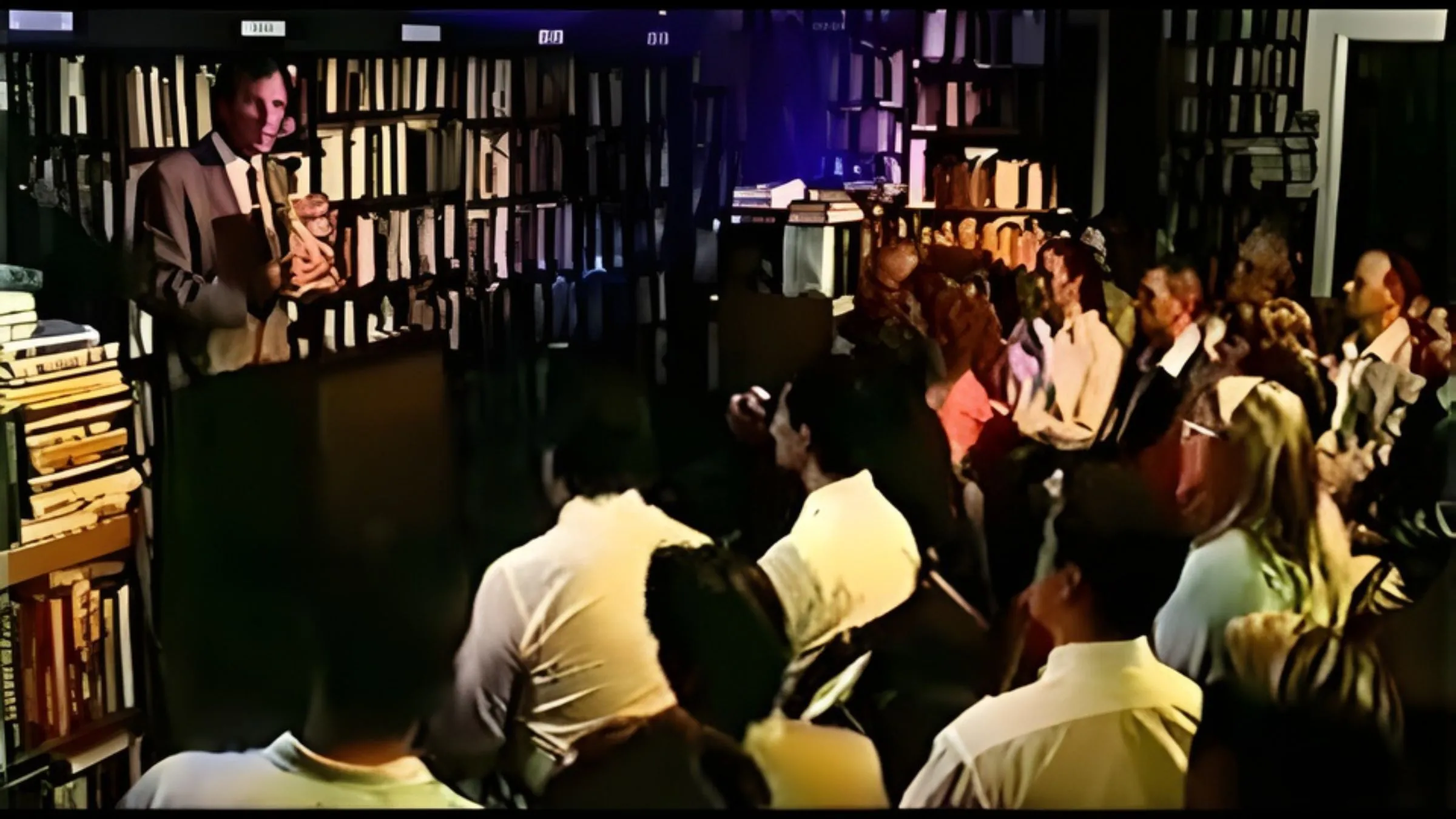
The film The Profit sparked controversy, largely because many people believed it was a thinly veiled parody of L. Ron Hubbard, the creator of Scientology. While the film doesn’t mention Hubbard by name, it follows a swindler who establishes a new religion to get rich, which many Scientologists saw as a personal attack on their leader.
Scientology sued to stop the film’s release, fearing it would influence potential jurors in a wrongful death lawsuit against them. This led to a ban on the movie while the lawsuit was in progress. Although the ban was lifted once the lawsuit concluded, the film remains unreleased due to a continuing legal battle with one of its investors.
3) Ernest and Bertram

Okay, so I just saw this bizarre little short film called Ernest and Bertram, and honestly, it’s… a lot. It’s basically a grown-up parody of Ernie and Bert from Sesame Street. The plot? Miss Piggy dumps Bert, and then Bert comes out to Ernie. It’s funny at first, but it takes a really unexpectedly dark turn at the end. Definitely not for kids, and honestly, a little unsettling, but strangely compelling. It’s a weird one, but I won’t forget it anytime soon.
I was really surprised to learn that even though parodies are usually okay legally, Sesame Workshop actually took legal action against a film that used their characters without permission. It was enough to stop the film from being shown anywhere, and amazingly, that order is still in effect! It just goes to show how seriously they protect their characters.
2) Guess Who’s Coming To Dinner?
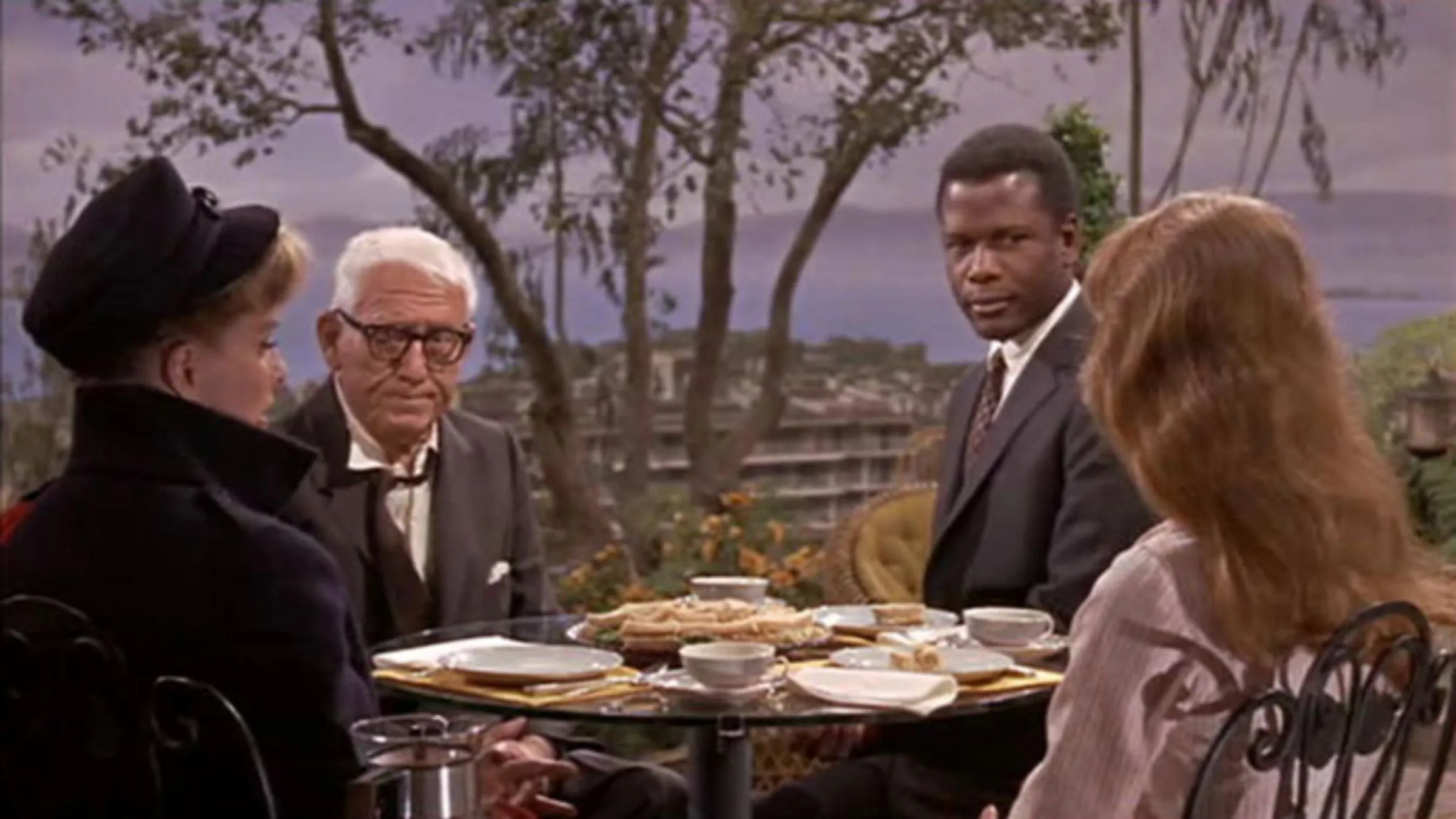
Given the sensitive racial issues it explored, it’s understandable why some might have wanted to ban the 1967 film Guess Who’s Coming to Dinner?, especially during the active Civil Rights Movement. But the movie, which was a major box office success, was actually briefly banned in Cleveland, Ohio, for a surprising and unrelated reason.
When the film Guess Who’s Coming to Dinner? was shown in Cleveland, several movie theaters were disrupted by stink bombs. This led to evacuations and a temporary ban on the movie while authorities worked to address the problem. Thankfully, the ban was lifted quickly, and theaters were soon able to resume showing the classic film.
1) From Here to Eternity
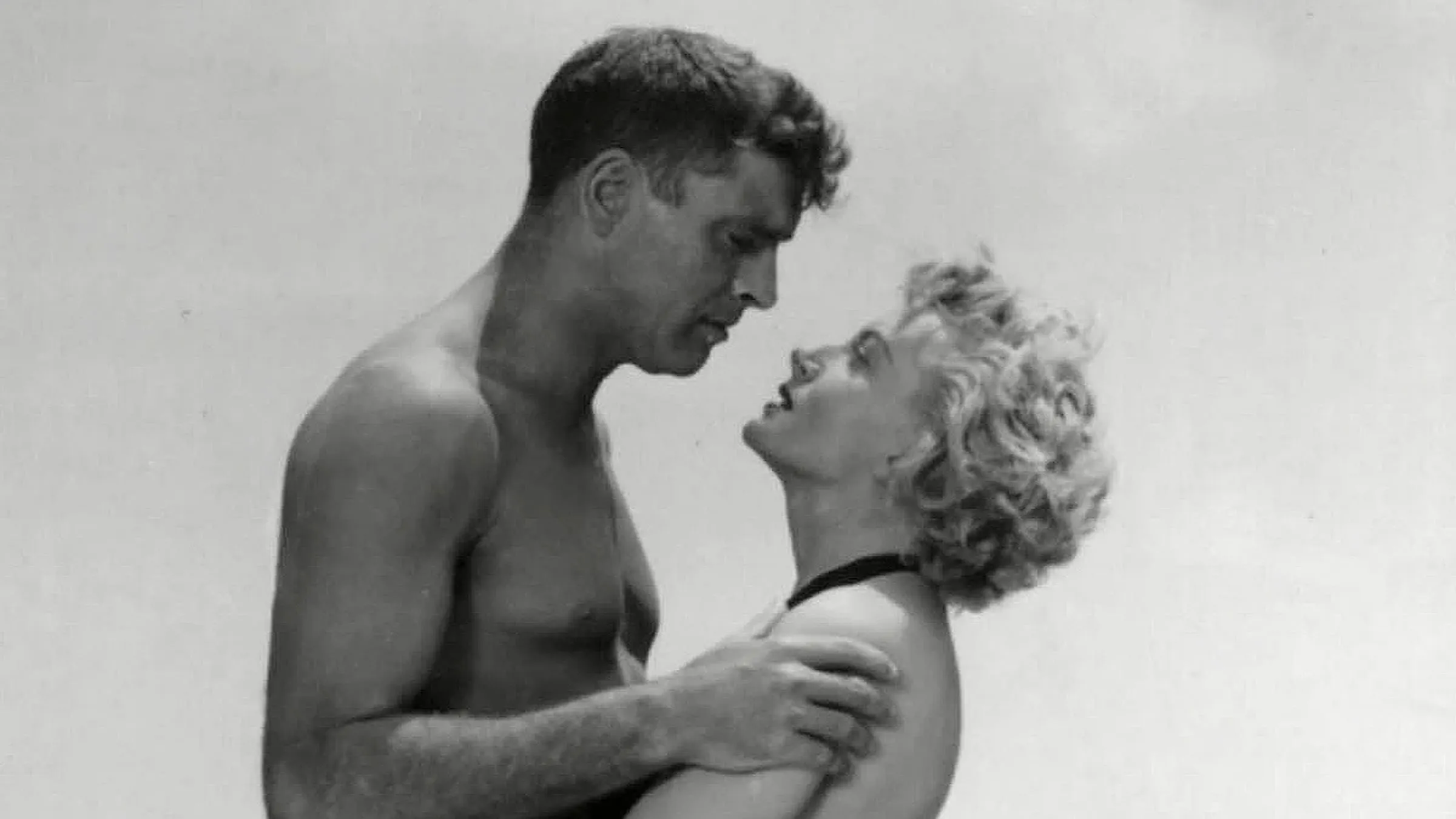
I still think about From Here to Eternity as one of the greats – especially when I remember it swept the Oscars with 8 wins! It had such a fantastic cast, including Burt Reynolds and Frank Sinatra. The story really drew you in, following the lives of soldiers right before the attack on Pearl Harbor. And honestly, some of the romantic scenes, like the one on the beach, were pretty daring for the 1950s – it was a bold movie!
Although the film wasn’t banned across the country, the US Army objected to its depiction of events. Because of this, in 1953, the Navy prohibited sailors from watching it as a gesture of support for the Army.
What movie ban do you think was the most unnecessary? Share your thoughts in the comments and discuss it with others on the ComicBook Forum.
https://comicbook.com/movies/news/7-masterpiece-movies-everyone-openly-hates-now/embed/#
Read More
- How to Get the Bloodfeather Set in Enshrouded
- Gold Rate Forecast
- 4 TV Shows To Watch While You Wait for Wednesday Season 3
- 32 Kids Movies From The ’90s I Still Like Despite Being Kind Of Terrible
- Goat 2 Release Date Estimate, News & Updates
- 10 Movies That Were Secretly Sequels
- These Are the 10 Best Stephen King Movies of All Time
- One of the Best EA Games Ever Is Now Less Than $2 for a Limited Time
- Auto 9 Upgrade Guide RoboCop Unfinished Business Chips & Boards Guide
- Best Werewolf Movies (October 2025)
2025-11-05 03:42